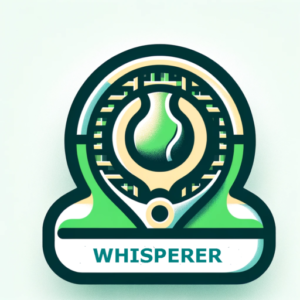How To Deal With Losing
How To Deal With Losing
Losing Isn’t Optional — It’s Part of the Game
At the highest levels of tennis, everyone loses. Often. Even legends. Roger Federer, across his storied career, won only 54% of total points. That means he was “failing” on nearly half the balls he hit — and he’s one of the greatest to ever do it.
So the question for competitive players isn’t how to avoid losing — it’s: How do you respond when you do?
What Pros Know That Many Players Don’t
1. Losing Doesn’t Mean You’re Broken
Michael Kosta — once ranked 864 in the world before becoming a comedian — put it best in his book Lucky Loser:
“I wasn’t some mediocre player learning to cope. I was a winner, and then suddenly I wasn’t. That transition? Brutal.”
The pros understand that losing doesn’t mean your game is worthless. It means you’re competing at a level where every point is a battle — and sometimes, the other guy just plays better.
2. Process Beats Postmortem
What separates the better players isn’t how deeply they analyze every loss — it’s how effectively they move on.
-
Novak Djokovic? He journals his thoughts post-match, then resets by the next practice session.
-
Rafael Nadal? He spoke bluntly about his performance, but never wallows.
-
Serena Williams? Known for saying: “I’m not going to beat myself up. I’ll be better tomorrow.”
They all follow the same principle: Short memory. Clear process. Keep moving.
Tactical Tools the Pros Use to Reset
-
Post-loss practice: Many pros schedule a light session within hours of a loss — not punishment, but emotional recalibration.
-
Lessons journals: Some players note one or two takeaways from a match — and then close the book. Literally.
-
Physical movement: Even a short run or hitting session can disrupt negative self-talk and re-engage the body with rhythm and flow.
-
Self-belief recall: The best actively remind themselves of past wins and tough matches survived. This fuels confidence for the next challenge.
And most importantly — they don’t obsess over how others are doing.
“Comparison is the thief of joy” — a truth every UTR stressing player must internalize.
Constantly measuring yourself against peers or rankings only distracts you from the real task: your own progress.
Performance Psychology: Reframing the Loss
At the heart of how pros handle defeat is performance psychology — the science of staying mentally agile under pressure. Elite players train their minds like their bodies: building routines, regulating emotions, and mastering recovery. Whether it’s breathing techniques, self-talk, or visualization, the goal is the same — to shift focus from outcome to process, from panic to poise. The best don’t avoid nerves or frustration — they manage them. And that’s a skill every competitive player can learn.
Wrap
Pros can’t avoid losing — they master the art of recovery. They don’t see defeat as a dead-end. They see it as a brief detour that sharpens their edge.
So next time you lose? Don’t spiral. Reboot. Reflect. Get back on the court!



